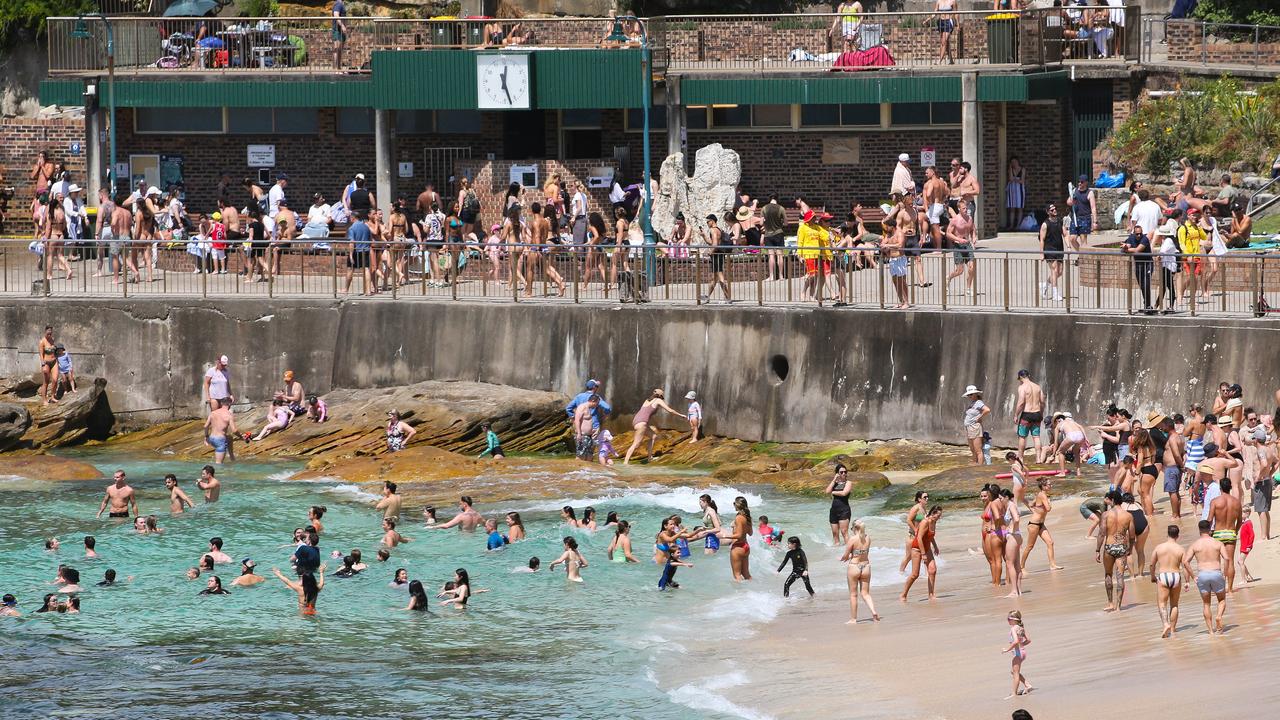Dangers for Aussie tourists in seemingly safe overseas hotspots
Some of our most beloved overseas destinations have travel warnings for risks and dangers many may not realise – and experts say it’s “frankly nuts” to not find out.

Some of Australians’ most beloved overseas destinations have travel warnings for risks and dangers many tourists may not even realise.
What some Aussies may not realise is in countries like France, Denmark, Sweden, Thailand and Indonesia, travellers are warned to “exercise a high degree of caution”.
According to the Australian government these popular nations have more or higher risks than what you would typically find in a large Australian city.
Adrian Taylor, manager of general insurance at Compare the Market, said many Australians are booking holidays to these destinations based on what they’re seeing their friends, family, celebrities and influencers post on social media.
“In terms of celebrities or influencers, they may actually be getting paid to only highlight the best parts of a destination, while friends and family tend to focus on the fun or glamorous moments of their vacation,” he said.
“No matter where you’re travelling, our advice is to do your research and not just see these hotspots through rose-coloured glasses. No destination comes without its risks or dangers.”
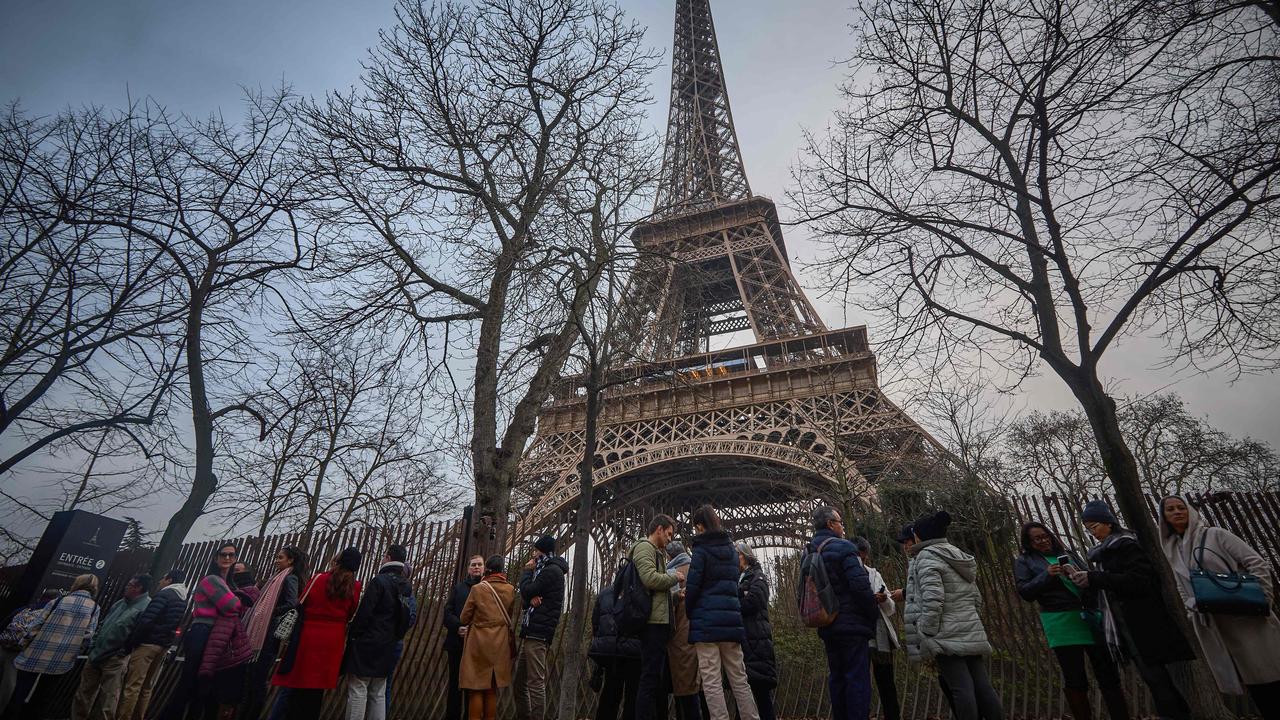
Mr Taylor said it was important to note in most destinations, you won’t be covered by Medicare or your private health insurance if you fall ill or become injured — and the quality of healthcare or access to medical facilities may not be as great.
He said taking out travel insurance before a trip was vital.
The same advice was shared by Dr David Beirman, a senior lecturer in tourism and risk management at the University of Technology Sydney, who added “forewarned is forearmed”.
“It’s easier to research a travel destination than it’s ever been,” he said. “In the days when I started as a travel consultant in the 1980s people tended to be very highly reliant on travel agents to tell them what to expect.
“Anyone who travels blind is quite frankly nuts.”
Dr Beirman said the Department of Foreign Affairs and Trades’ Smartraveller website was a good place to start but it was important to research further about where in particular you were visiting within a country and what you planned to do there.
He said unfortunately with online booking these days, it was a risk people weren’t learning about the destination before they went. His big advice? Talk to someone who has been there.
See below the risks in countries you may be surprised to know currently carry a level two travel advice warning for Australians.
France
France is home to the iconic Eiffel Tower in the “City of Love” and famously glamorous beach resorts on the French Riviera, but romance and suntans is not all travellers have to worry about.
In March, France raised its terror alert warning to its highest level after the Crocus City Hall attack in Moscow, Russia. It comes not long before the Paris Olympics kicks off in July.
French Prime Minister Gabriel Attal said the decision was taken in light of “Islamic State’s claim of responsibility for the attack and the threats weighing on our country”.
Australians are warned to expect high-level security measures in places of worship, shopping centres and landmarks.
“Be cautious around locations known to be targets. Attacks could be indiscriminate and could occur anywhere without warning,” Smartraveller warns.
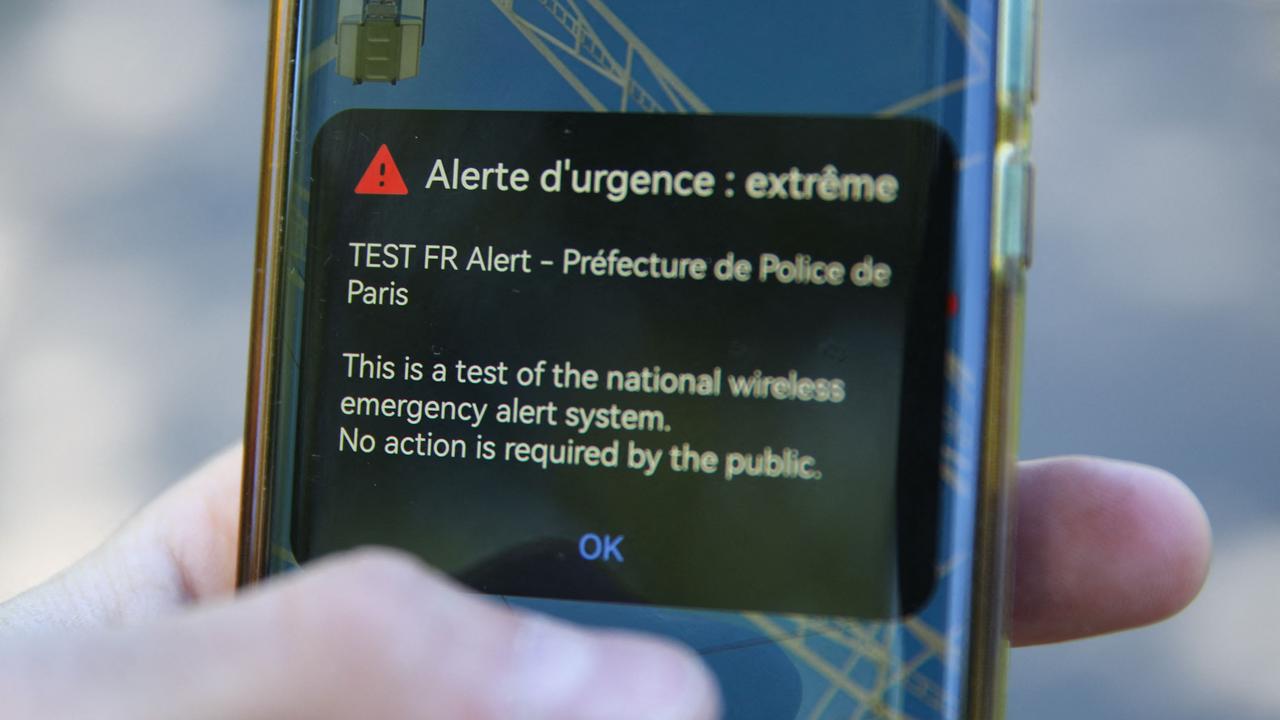
It also warns passport theft, pickpocketing, bag snatching, burglaries and muggins, are common, particularly in summer.
“Groups of thieves also operate on public transport, including busy metro lines that service tourist attractions and trains to/from the airports,” it says, adding criminals use children to help them.
Dr Beirman said his number one piece of advice was to “make sure your money belt is under your clothes and not sitting out like a big sign”.
“A lot of people go with what we call a bum bag and in my humble opinion that is the dumbest thing to do because it’s like saying to pickpockets ‘look here I am, here’s all my money.’”
Mr Taylor said Paris, Marseilles and Bordeaux were favourite cities for scammers and thieves.
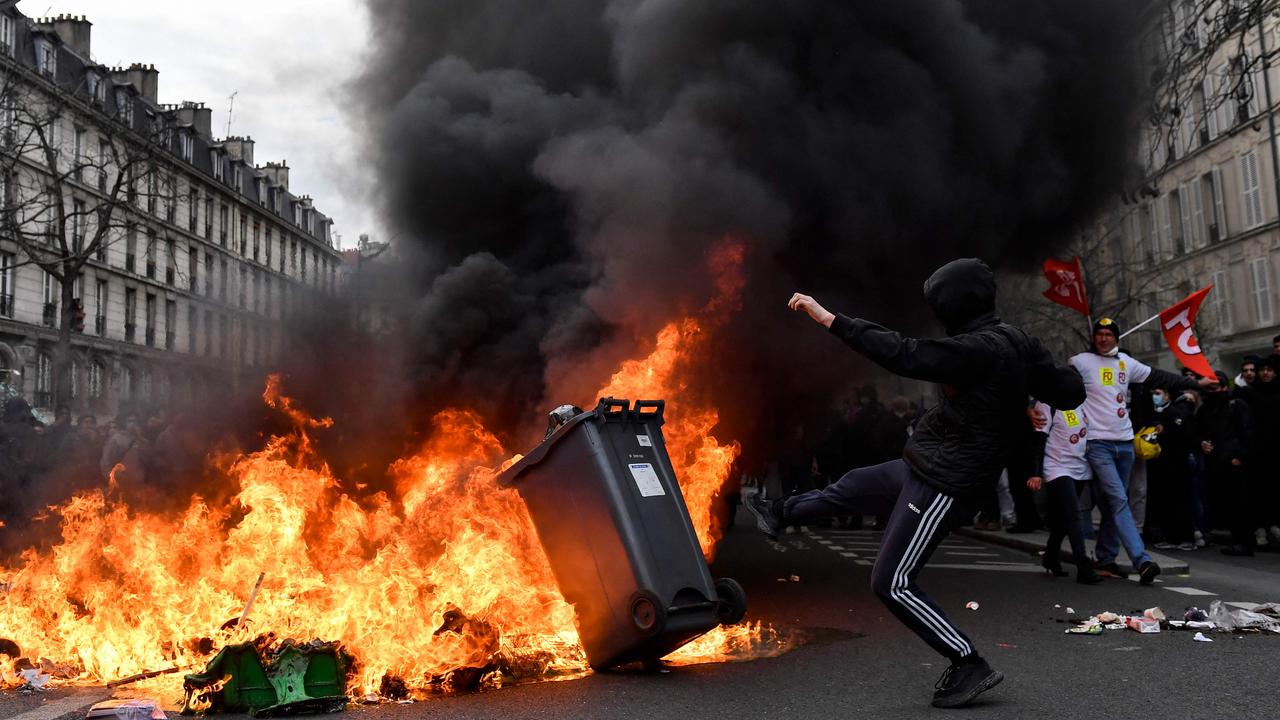
“People may also not be aware that France has a history of protests and violent demonstrations,” My Taylor added.
“Even if you have travel insurance, your insurer won’t cover costs relating to these incidents, so avoid protests whenever possible and check local media to stay up to date with ongoing issues.”
Dr Beirman agreed it was important to avoid these protests.
“France is a lovely place but if you happen to be walking in the middle of a demonstration in the middle of Paris, it can get pretty hairy,” he said.
Indonesia
Indonesia is home to one of Australia’s most popular overseas destinations, Bali and it’s no surprise Aussies are the island’s top foreign visitors. But the country is made up of more than 17,000 islands.
And like France, terrorism is a major concern.
Smartraveller warns there is an ongoing risk of a terrorist attack, where popular tourist areas may be the target.
While nature is what makes Indonesia a stunning place to visit, it also presents dangers.
Volcanic eruptions, earthquakes and tsunamis happen regularly as Indonesia sits on the Pacific “Ring of Fire”.
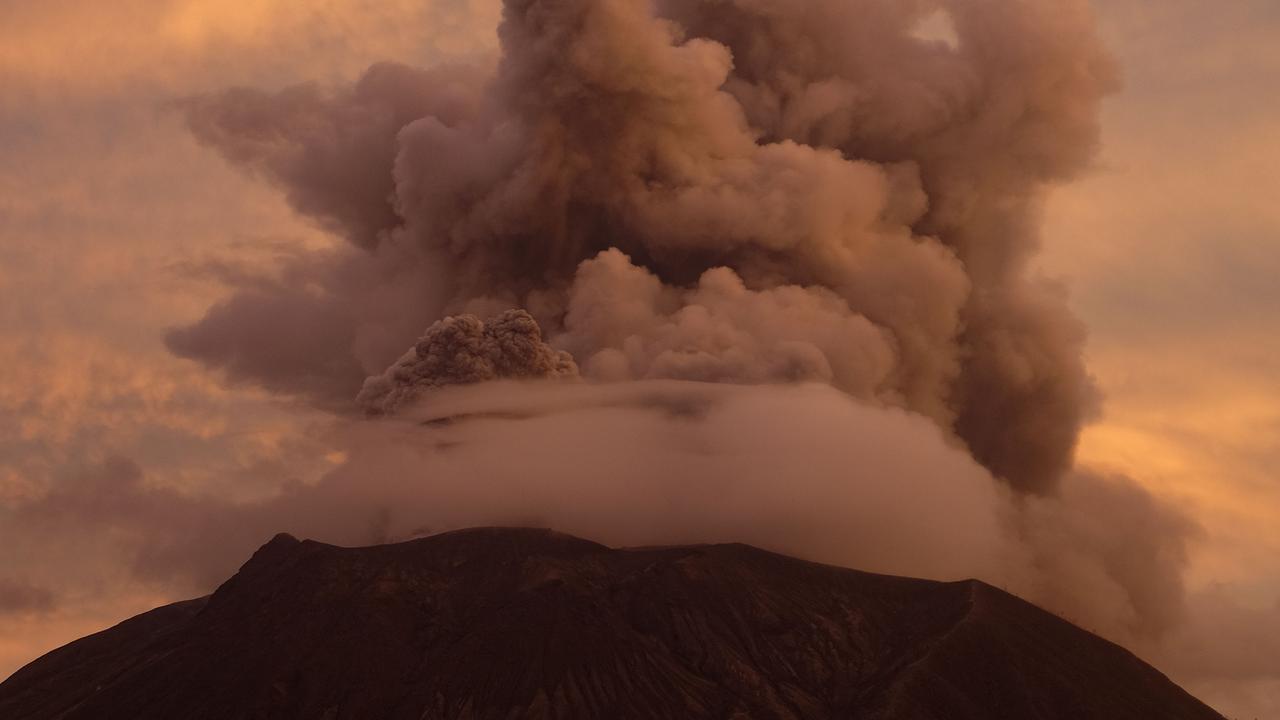
Mr Taylor said tourists should ensure their travel insurance covers natural disasters.
“As we’ve seen in the past, Bali is home to several few active volcanoes, most notably Mount Agung,” he said. “Volcanic eruptions can be life-threatening and the ash clouds they create can also disrupt air traffic and cause mass flight cancellations.
“Having travel insurance ahead of time can help cover the cost of cancellation in the event of a volcanic eruption.”
While tourists are letting their hair down, they should be aware of pickpocketing, drink spiking, and crimes involving taxis.
“Solo women are at higher risk. Be alert in taxis, public transport, crowds, bars and nightclubs,” Smartraveller warns.
It also advises travellers to check their safety equipment when doing adventure activities.
There is a higher travel advice level for Papua, Papua Pegunungan, Papua Tengah and Papua Selatan due to the risk of serious security incidents or demonstrations that may turn violent.
Australians are advised to reconsider their need to travel to those provinces.
“Armed groups have stated that they’re targeting foreigners, including Australians,” it states.
Thailand
Thailand is another Aussie favourite not too far away.
Terrorism is again an ongoing risk, particularly in popular tourist areas, and Thai authorities have warned of possible bombings on symbolic dates or holidays.
The most common safety issues are road accidents, floods and severe weather during the wet season, and scams, credit card fraud and ATM fraud are common.
Tourists are warned of sexual assault, assault, robbery and drink spiking.
“Stay with people you trust at parties, in bars, nightclubs and taxis,” Smartraveller warns.
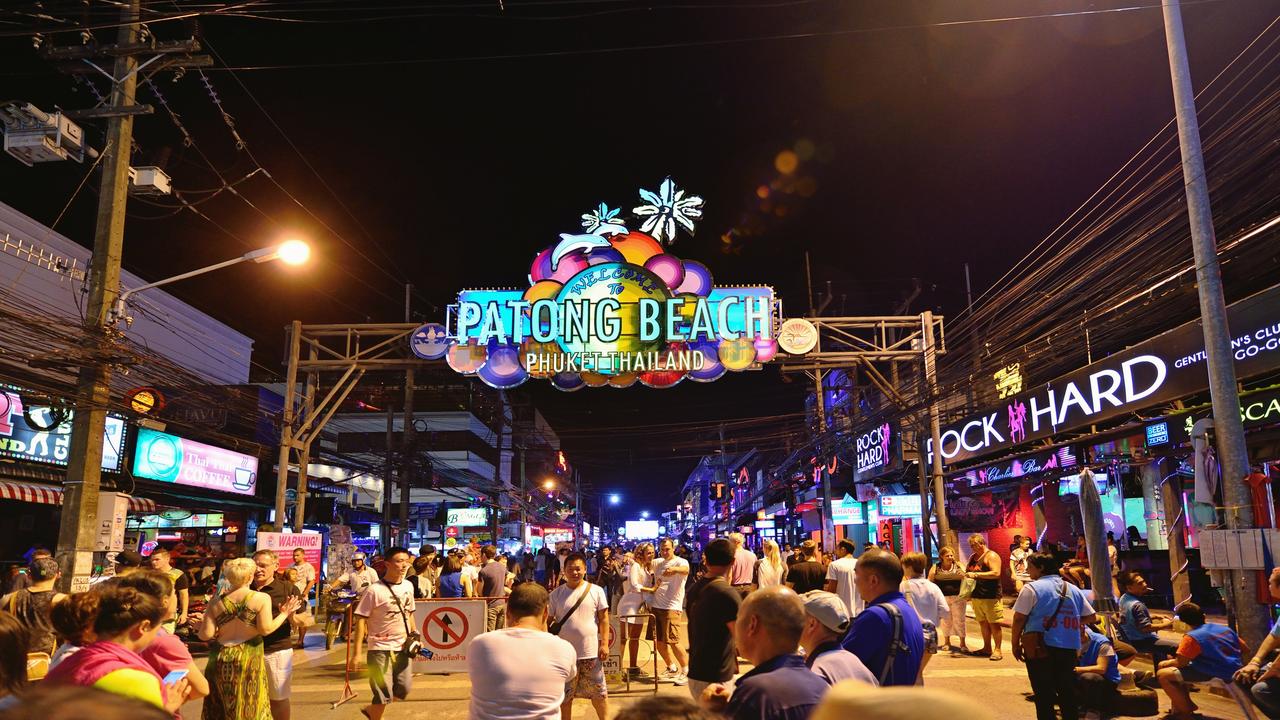
Mr Taylor said petty theft and pickpocketing could be worse in areas around cheap accommodation like hostels or visiting busy areas like markets.
“Always keep valuables and personal effects locked up, safe and out of sight and be constantly vigilant when in transit,” he said.
“And while there’s a thriving night-life in many parts of the country, be aware that drink spiking is particularly common in the night-time entertainment zones in Bangkok, Pattaya and Phuket.”
Anti-government protests in Bangkok and other areas of Thailand can turn violent and result in being arrested, while there is a higher travel advice level for the three most southern provinces of the Thailand-Malaysia border.
Due to low-level insurgent activity, Australians are advised to reconsider their need to travel to Yala province, Pattani province, and Narathiwat province.
Denmark
Australian-born Mary Donaldson became the Queen of Denmark this year, putting the Scandinavian country back in the Aussie spotlight.
Tourists heading over there to check it out for themselves should keep a few things in mind.
Denmark’s terror threat level is “significant” with travellers advised to maintain high vigilance in public spaces and avoid crowds.
While serious crime is low, pickpockets often target people in tourist areas like on public transport, at national landmarks, museums, railway stations and restaurants.
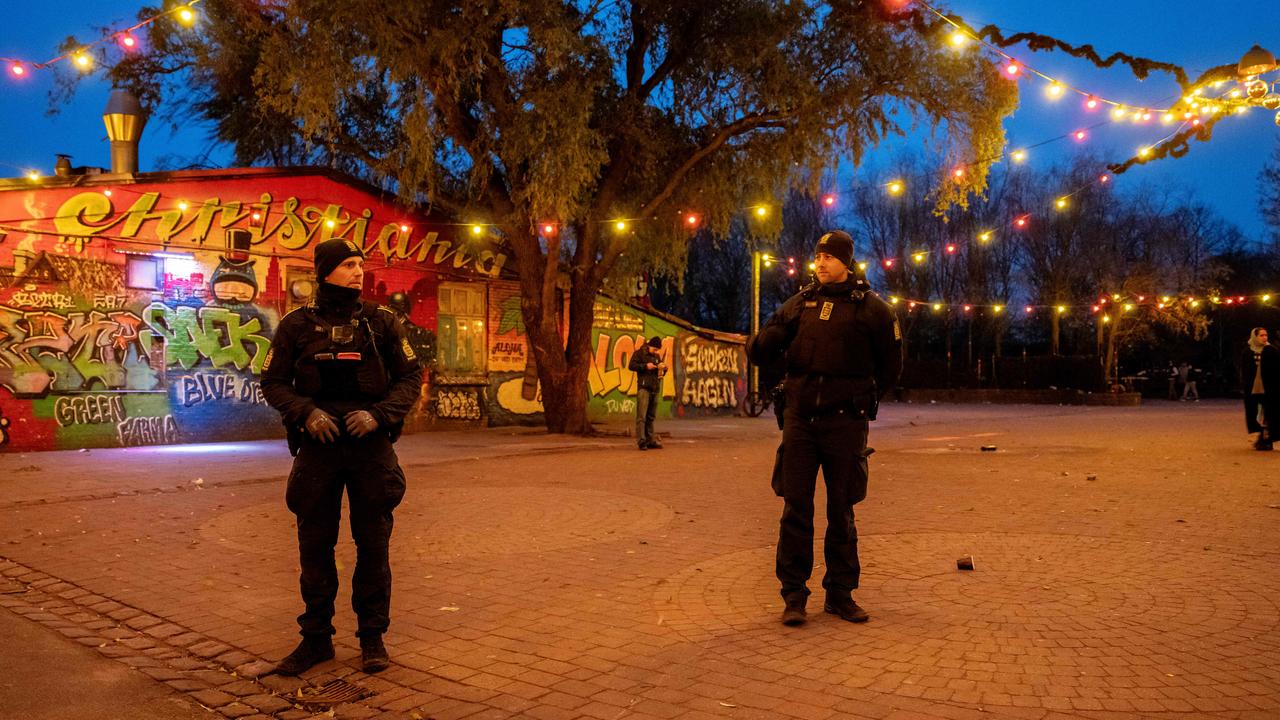
There is one unique place in Copenhagen that Aussies must prepare for.
Christiania has its own flag, own national anthem, and even its own currency. Smartraveller warns you shouldn’t take photos there.
“Travellers have been assaulted and robbed for taking photographs,” it states.
Sweden
Sweden is currently hosting the Eurovision Song Contest in Malmö, prompting large protests.
On Thursday, local time, thousands of pro-Palestinian demonstrators rallied against Israel’s participation in the song contest.
Smartraveller advises tourists to avoid areas where protests are happening.

In August last year, Sweden raised the terror threat from “elevated” level three to “high” level four out of five, meaning the probability of an attack is high.
Tourists should maintain high vigilance in public spaces and take official warnings seriously.
Belgium
Belgium is famous for its chocolate and beer culture but the terror threat level for the country, including the capital Brussels, remains at “serious” – level three of four – meaning there’s a possible and imminent threat.
“Terrorists have staged attacks and may plan more,” Smartraveller says. “Crowded places, such as music and cultural events, tourist areas, shopping areas, transport hubs, major sporting events and other public areas, are possible targets. Be vigilant in public places and follow the advice of local authorities. Report anything suspicious to the police.”
United Kingdom
Aussies are instructed to “always be alert to terrorism” in the UK with the national threat level (England, Wales, Scotland and Northern Ireland) considered “substantial” – level three of five.
A full list of travel warnings and advice levels for each country can be found at Smartraveller.





